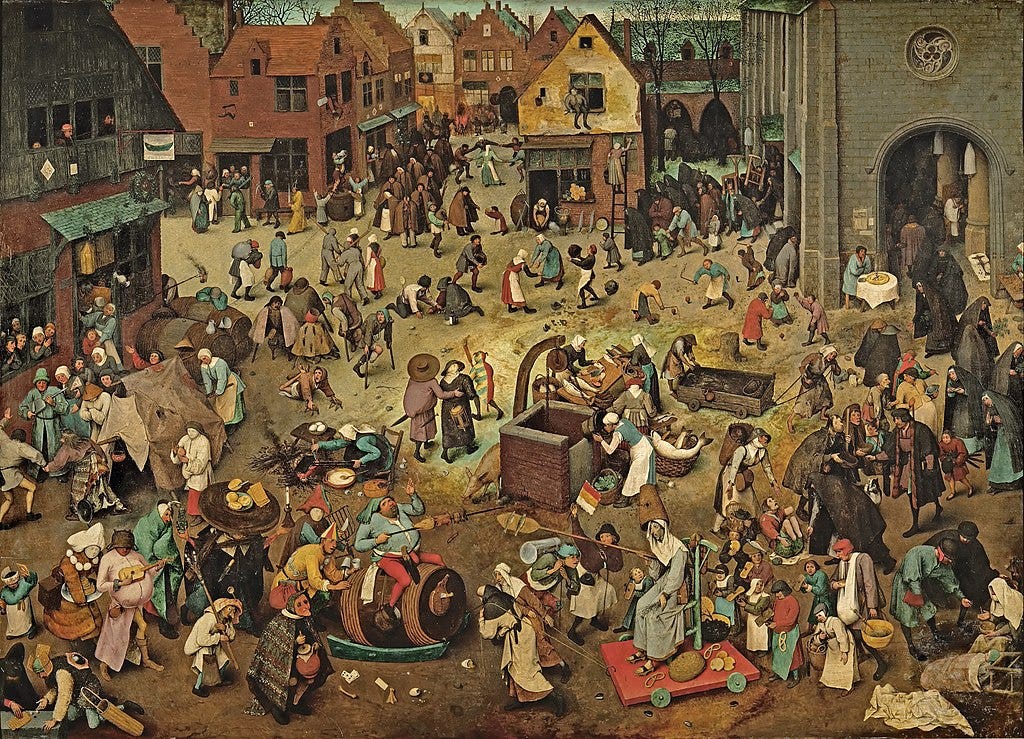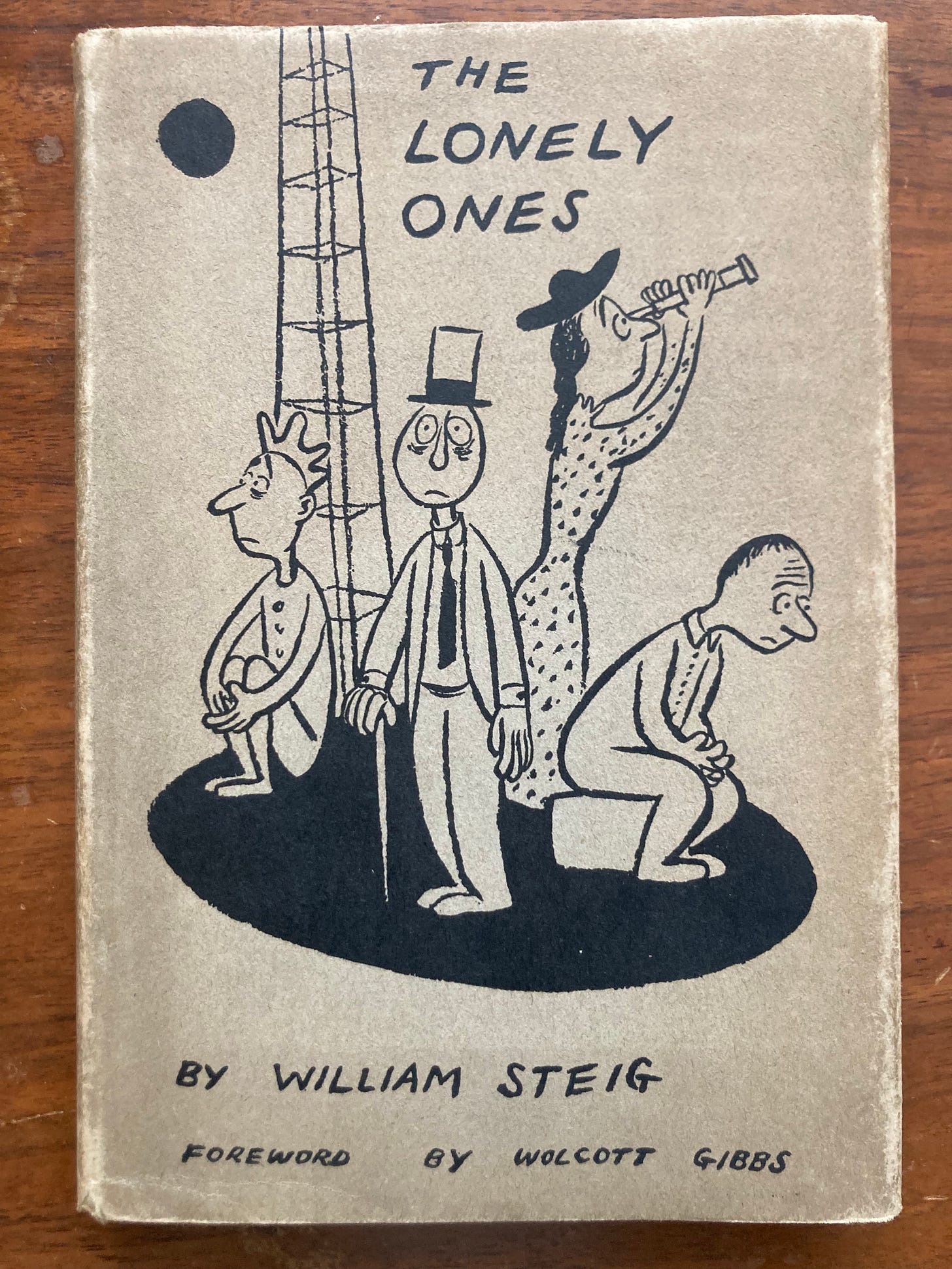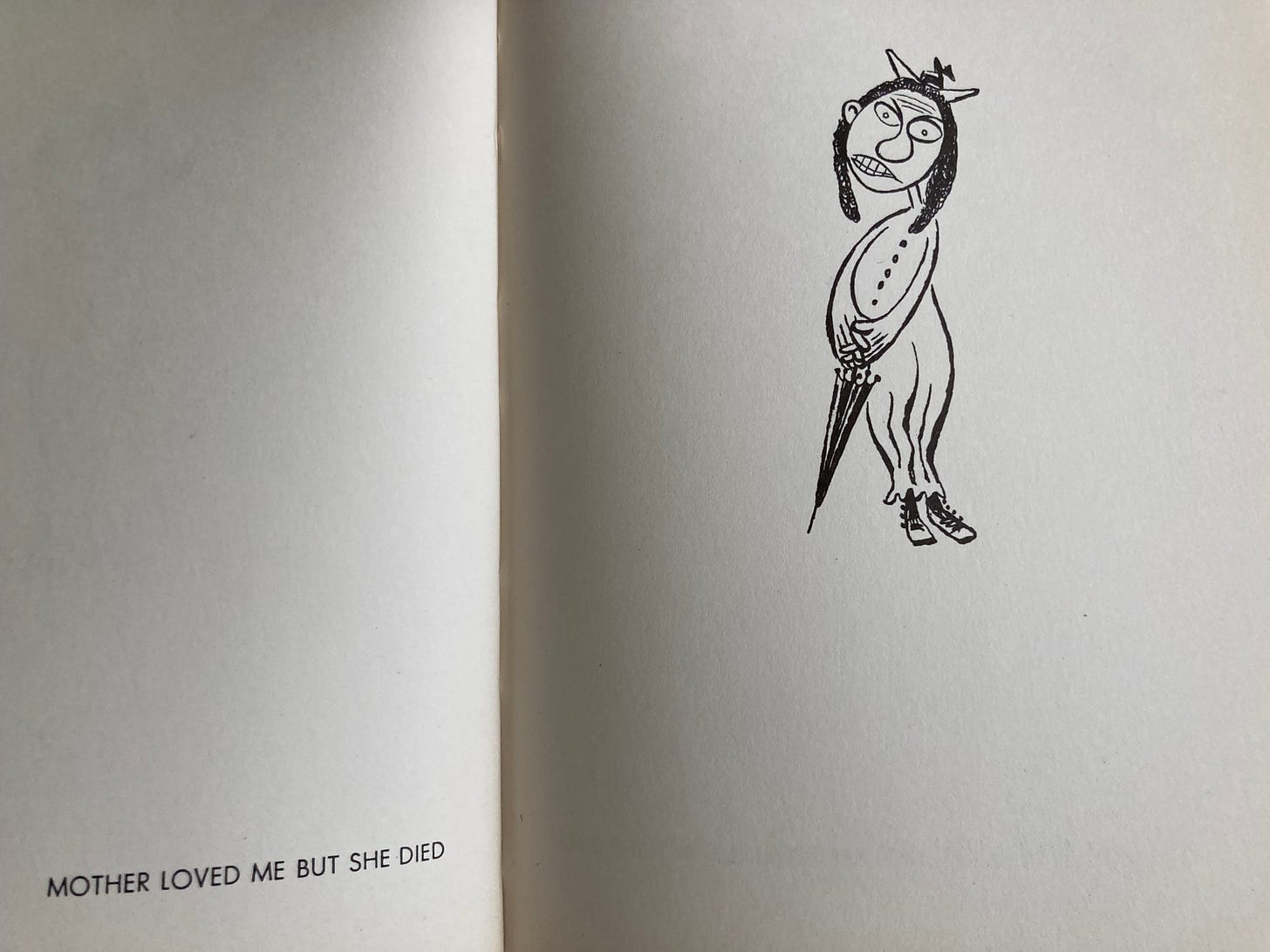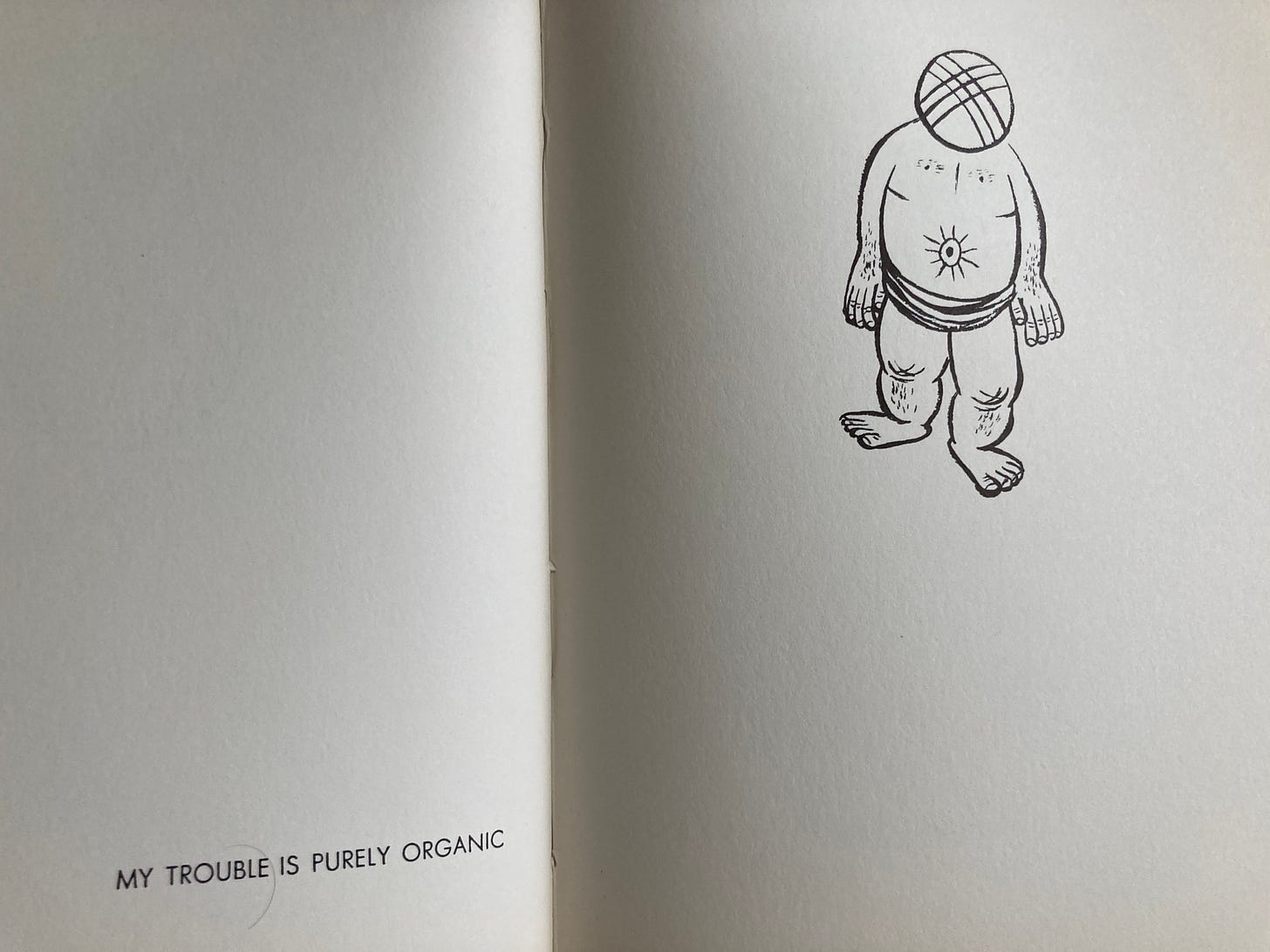Watch omens and avoid all wickedness
The fifth periodic Tropical Depression digest post
Here’s your fifth periodic digest post reviewing the last week’s entries and tossing in some recommendations, tidbits, etc.

Because I know that time is always time
And place is always and only place
And what is actual is actual only for one time
And only for one place
For those recovering from hangovers, for those reading T.S. Eliot, for those wearing ashes on this day of repentance, for those simply working on a Wednesday—I hope that you are well and not too weary. Lent may well predate the celebration of Easter. Humans have probably fasted as long as humans have worshipped. It is humbling that well before abundance, people found grace in subtraction. Last week my daughter lost her tooth, and then lost her lost tooth. She has a new way of speaking now. Mark today as a hinge. Not just the quiet after carnival, but a season in the wilderness.
Recent Posts
Wednesday, Feb. 8
The Teething Review: Horsey Up and Down
On consciousness, the minds of babies, and the worst children’s book ever.
Friday, Feb. 17
Honky-Tonk Weekly #5: David Wills, “There’s a Song on the Jukebox”
Fifth edition of a weekly column here at Tropical Depression. Every week, I listen to and share a country song and write whatever comes to mind. This week, we took our seat at the bar and listened to a perfect honky-tonk song on the jukebox.
Monday, Feb. 20
Tropical Depression Movie Night: “The Voyagers,” directed by Penny Lane
A beautiful short film on space exploration, Carl Sagan’s love story, the Golden Record, and the voyages we take.
Vibrations from behind the Iron Curtain
Very groovy 1974 album from the Azerbaijani group Gaya. Recommended.
And for more traditional music from Azerbaijan, check out “Muğam,” performed by master wind instrumentalist Kamil Jalilov—this was one of the recordings included on the Golden Record in 1977, a pair of copies of which are still traveling a million miles a day through space. Playing on the balaman, a folk instrument, Jalilov displays the Azerbaijani art of muğam—a form of improvisational classical music rooted in ancient practices. The unique sound comes from a distinctive modal system that relies not just on scales, but also on melodic bits passed on in oral tradition. Stunning, and a good choice to show off humanity to the aliens.
The wilderness
Sugar Ray Seales won a Gold Medal in the 1972 Olympics as a light welterweight boxer, the only American to take gold in Munich. He fought in 350 amateur matches, going 338–12; he then went 57–8 as a professional. “I almost killed two guys with 10-ounce gloves,” he recounted later. “They just laid there for 20 minutes. We thought they were done…. Done as in dead.” He was a contender for the middleweight title in in the 1970s and early 80s; he won regional titles, but never got a shot at the belt. He lost to Marvin Hagler twice and once fought him to a draw.
The pounding Seales took over the years apparently led to significant deterioration in his eyesight. In a bout with Jamie Thomas in 1980 in Baton Rouge, Seales took a thumb shot to the right eye that detached his retina. Seales began to go blind, which would eventually force him out of the ring—but not yet. Eye drenched in blood, Seales kept going and won a unanimous decision in Baton Rouge. “He took me out of The Game, and I still knocked him over the top rope,” he said later. He was back in the ring less than four months later, and fought for two and a half more years—though increasingly he could barely see his opponent. He went 7–1 during this period, adjusting his style to grapple in closer with his foes, who looked like blurry ghosts. By his final fight, he was likely legally blind. He won by knockout. He remained blind for years; his vision has improved after numerous surgeries, but is still severely impaired.
Later, he explained, “I went into the wilderness, and fought the animals there, and when I came back I was blind.”
FYI
On David Lynch’s fifteenth birthday, John F. Kennedy was inaugurated as president of the United States. As an Eagle Scout, Lynch was in attendance.
Acacia roots can stretch twenty meters or more underground, allowing them to survive in the desert. According to an ancient Egyptian proverb, if you lack a gold battle-axe inlaid with bronze, a heavy club of acacia wood will do.
“The wasteland was the land that could never be wasted by men because it offered them nothing,” Thomas Merton wrote around 1954, during an extended period of seclusion at his hermitage in a remote corner of a monastery in Nelson County, Kentucky. When people came to visit, hoping to join the monastery, Merton told them, “The life of a monk is a semi-ecstasy and forty years of aridity.”
“It enlarges the container,” David Lynch said as an old man, “every time you transcend.”
In the Book of Matthew, the tempter suggests that stones be made into bread. In the Book of Luke, it’s just one stone. After his conversion, Paul spent three years wandering in the wilderness before he started spreading the good news. The prophet Isaiah spent three years walking around preaching naked.
Just off Route 93 in western Arizona, there’s a town called Nothing. No one lives there.
On creating Twin Peaks, Lynch said, “as if lost in the wilderness—as it always is in the beginning, we seemed to find some mountain and we began the climb.”
The Lonely People
I got another wonderful package from a Tropical Depression reader, who sent me a copy of William Steig’s The Lonely People. I wrote an essay about Steig’s classic Amos & Boris (and parenthood, time, friendship, other stuff) a month ago. Amos & Boris should rank among the best children’s books of all time. Lonely People is one of Steig’s books for adults, and it’s delightful. Sketches with brief accompanying text. A few samples:
IMHO
Recommendations: a poem, a painter, a book, a very short story, and a movie.
Bamboo music
And finally, a bamboo orchestra to lift you through the week. Another Tropical Depression reader sent this video to me. From Tangari, a village in Bougainville—an autonomous island region in Papua New Guinea. Their music is unique to Bougainville and the Solomon Islands. To keep the carnival spirit just a little bit longer…









